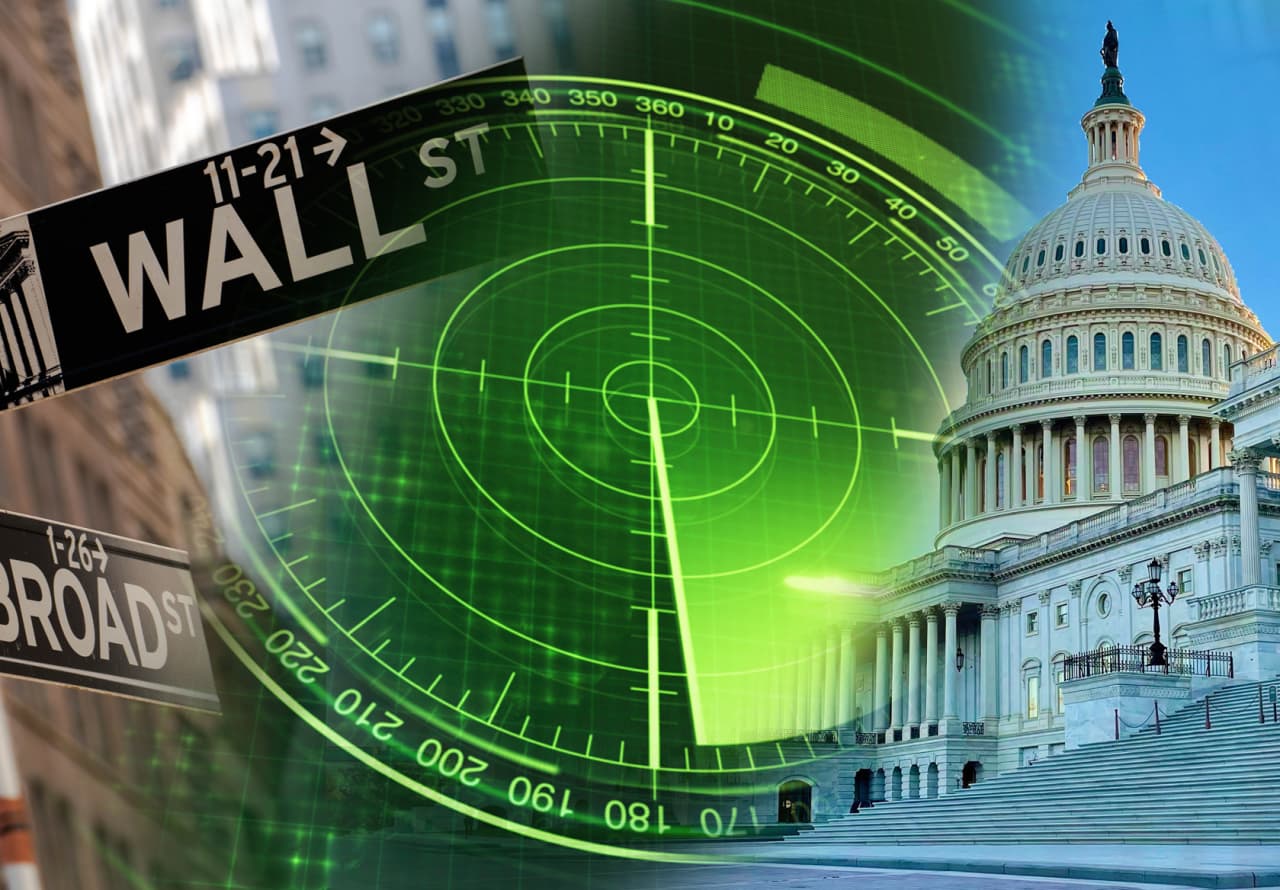
It is a crucial week for economists and investors as key economic data will be released, along with two days of testimony from Fed Chairman Jerome Powell before Congress.
Powell testifies before Congress
Wednesday, Thursday at 10:00 a.m. Eastern
Fed officials have been singing from the same songbook over the past few weeks, stressing patience about potential interest-rate cuts. Fed Gov. Christopher Waller, summed it up best when he recently asked “what’s the rush?”
Powell may not have appreciated that question. He is going to spend two days this week with lawmakers on Capitol Hill, many of whom are more than likely to have an answer prepared for Waller’s question.
Remember, Senate Democrats already wanted the first rate cut in January, saying that the Fed’s tight monetary policy was damaging the housing market. Talk of patience might not be welcomed.
Democrats are eager for the Fed to cut rates and potentially give the economy a jolt going into the November elections. Republicans will likely stress the need for the Fed to stay the course to combat still-high inflation. It is a political year and the Fed’s actions will be seen in that light, no matter how often it swears to be apolitical.
February job report
Friday at 8:30 a.m. Eastern
Economists expect the labor market to cool after two “fiery” job gains the past two months, said Douglas Porter, chief economist at BMO Capital Markets. In December and January, the economy added an average of 268,000 net new jobs per month.
Economists surveyed by the Wall Street Journal expect the economy to add 210,000 jobs in February. The unemployment rate is expected to remain steady at 3.7%., nearly as low as it has been in 50 years. Average hourly wages are expected to moderate to a 0.2% gain from the strong 0.6% rise in the prior month.
“Even though we believe job growth will cool in February, we still see a number of signs that the labor market remains strong, Feroli of JPMorgan said.
Q1 GDP tracking estimate
Data not officially released until end of April
Economists are ratcheting up their forecasts for first-quarter gross domestic product based on recent data.
Michael Feroli, chief U.S. economist at JP Morgan Chase, said he raised his estimate to a 2.25% rate in the January-March quarter, from his prior forecast of 1.7%.
Aichi Amemiya, senior economist for the U.S. at Nomura Securities, said he’s raised his tracking estimate to 2.2% from 2.1%.
The Atlanta Fed’s GDPNow estimate is 2.1%, down from 3% previously.
The government revised its estimate for fourth quarter growth to 3.2% from 3.3% previously. The official first-quarter GDP data won’t be released until April 25.
So the economy “is still in the soft landing zone,” said Scott Anderson, chief U.S. economist at BMO.
Source link






